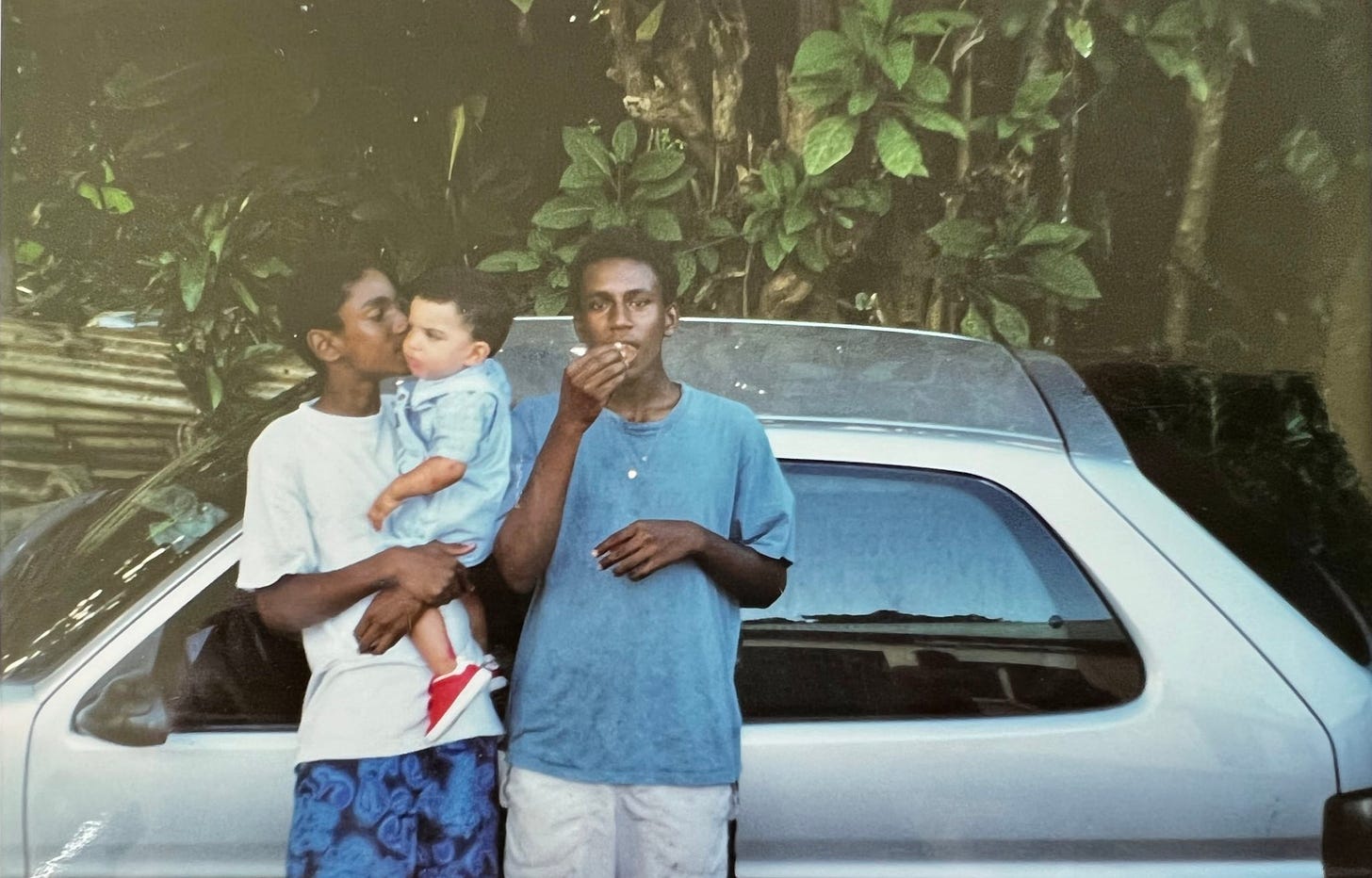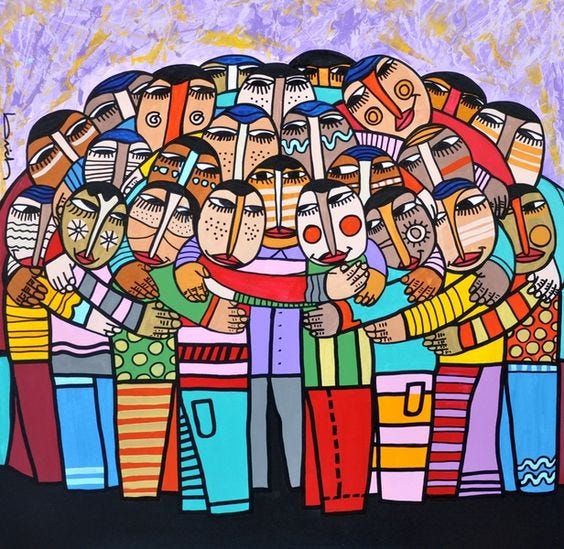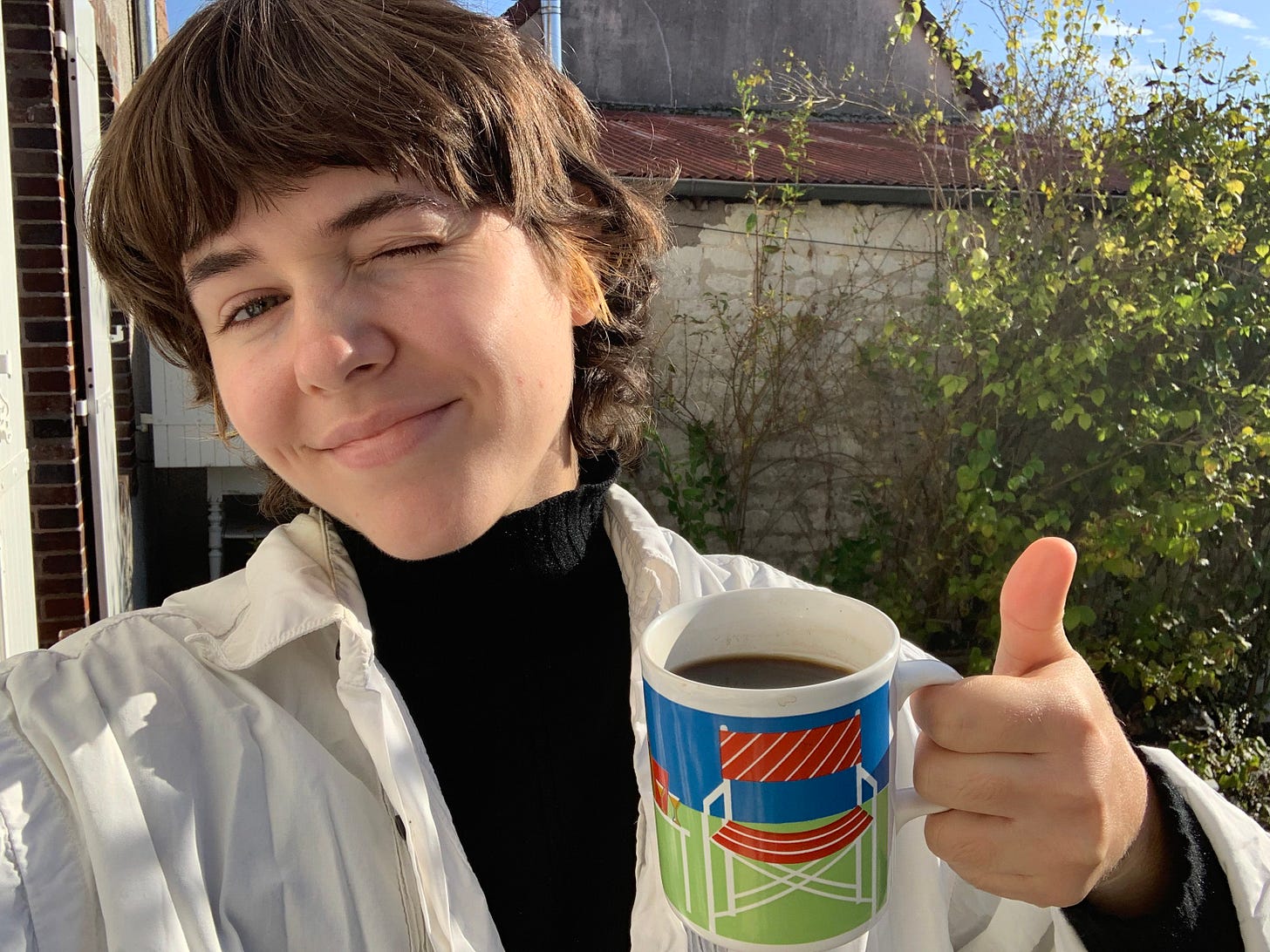Why does it take a village to raise a child?
And what can you do if that resource isn’t available?
It’s not just traditional wisdom: psychology now agrees that it really does take a village to raise a child.
Yet our “villages” have become more fragmented than ever. This phenomena accelerated over the past decades for various reasons: cultural changes toward a more individualistic society, economic pressure & long working hours and migration to name a few.
When talking about “the village”, I’m thinking about parents, close and extended family, neighbours, teachers, friends and kids’ friends. It’s the whole of all the people who will spend time with your kid, hopefully co-creating a safe environment for them to express themselves, explore, make mistakes and progress.
But do we really need all those people? And what can you do if you don’t have access to it, for yourself or for your kids?

“The children’s work is to produce humanity itself”
- Maria Montessori
The resources we put into our children are the materials they’ll use to build themselves as individuals and form the future of our civilization. The more love, inspiration and resources they have, the more they will be able to construct a solid, beautiful life.
As we’ve lost pieces of that village support system, we’ve seen the rise of something that we’re both victims and witnesses to:
—A loneliness crisis—
Dr. Gabor Maté talks about it in his podcast with Joe Rogan:
Joe—”What exactly is toxic about our culture?”
Gabor—”If you look at how humans evolved, over millions of years, we lived out in nature, in hunter gatherer small groups, where kids were raised communally. It wasn’t just an isolated nuclear family or an isolated mother or father. […] In our society we don’t pay attention to the child’s emotional needs. The child needs to be held and accepted unconditionally.”
I also extensively talk about this when I facilitate grief circles. Within the griefs we encounter throughout life, one is called by Francis Weller, “What we expected and did not receive”. The consequences of not receiving the love and attention we were designed to expect is a grief and insecurity we carry throughout life, often without even being aware of it.
Finding the village for you or your child
You might have never known a life with a tribe of people loving you unconditionally, telling you when you mess up, or sharing your greatest wins and low points… But don’t worry – it’s never too late to build one.
The village is composed of diverse groups of people: children, adults, elders. They all play a role for each other. Age may seems like a big factor, but what really matters is the symbolic coming with it. Here’s how:
Younger peeps are the opportunity to reflect on your learnings and be a model for someone. Offer your time to nourish relationships with younger people. By helping others, you’re helping yourself.
Peers are for asking questions and trying to solve them together. Think of some topics where you’d like to improve and start going to workshops and activities. Instead of only learning from the facilitator, go to meet with others that are present to learn, too. If you make just one good connection per workshop, you’ll soon be too busy to continue reading my newsletter ;-).
Elders share their wisdom and inspire you to be better. Yet western societies throw them away from society as if their expiration date has passed. Nourish respect for your elders. You might connect with them on social media or in the retirement home in your area.
Your kids will benefit from your network. They also have the chance of being part of a generation that has access to plenty of services, like Synthesis or Factor. Those are programs that, instead of offering shallow opportunities to “connect” with peers in traditional school, are meant to develop meaningful relationships between kids themselves and mentors.
Here’s to the structures that will allow the next generations to be super supported!
How do you build community, for you or for your child? Let me know how it was/ is for you by commenting this article, or on Twitter!
Thanks for reading.
Zelda
You know at least one person who would benefit to understanding better the importance of a community. Share with them:
& Subscribe here, for more insights on Social-Emotional Learning, the Future of Education & the people building it:
Bonjour! It’s Zelda. This article is a shoutout to the tribe I’ve learned to build myself throughout the last 5 years, and to the people I more met recently on Twitter.




